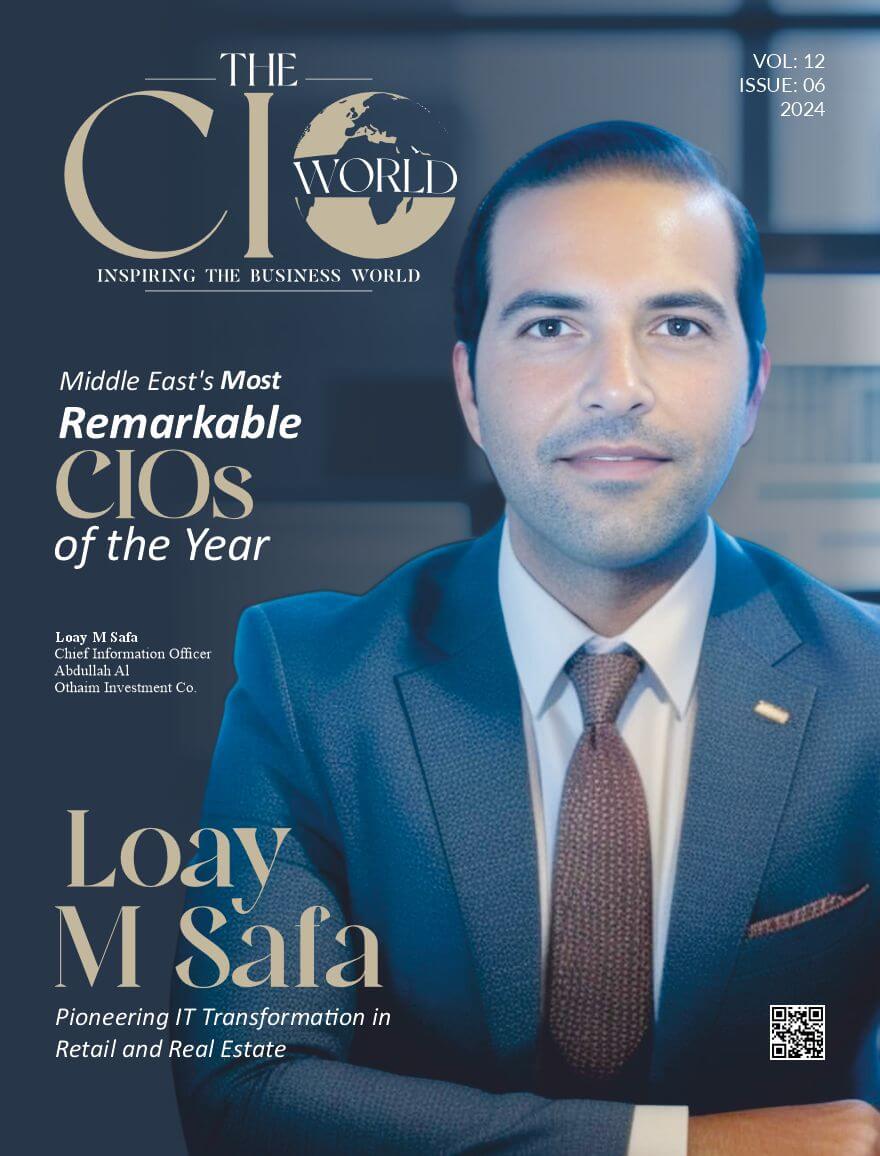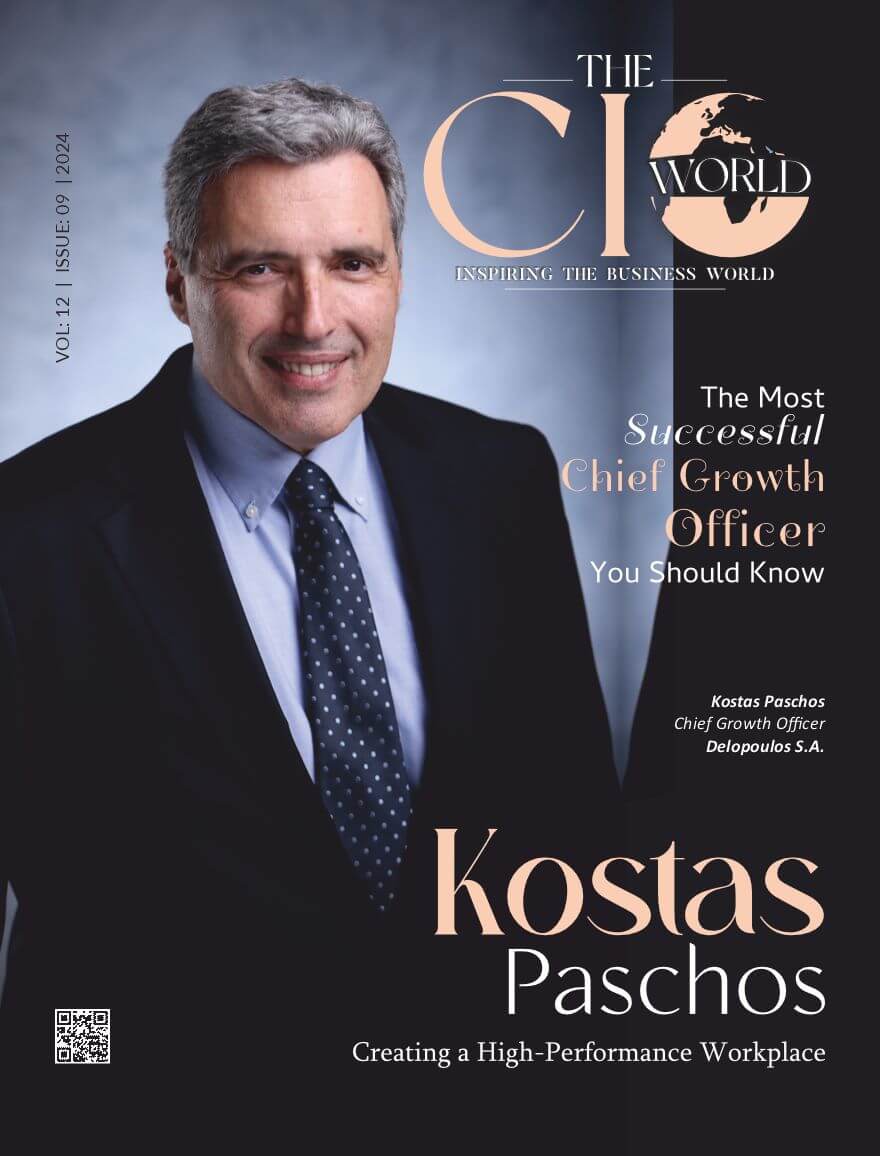Company culture is a critical factor in the success of any organization. It can make or break a company, and it is heavily influenced by the behavior of the CEO. A positive company culture can lead to increased employee satisfaction, productivity, and loyalty, while a negative culture can lead to decreased morale, turnover, and poor performance.
In many ways, CEO behavior is culture. The values, attitudes, and work habits a CEO displays become the understood “way of operating” within that organization. A CEO who arrives early is engaged and energetic, and treats everyone with respect, setting a great example that hard work and graciousness are valued. In contrast, a CEO who shows up late has a short fuse with people and dismisses others’ ideas signaling that accountability and collaboration are not priorities.
In this article, we will explore how CEO behavior impacts company culture and what CEOs can do to create a positive and productive culture.
Courage and Contrarian Thinking
Successful CEOs can’t just follow conventional wisdom; they need to be willing to buck trends and go against the grain when it’s warranted. Having the courage to be a contrarian and make bold, unpopular decisions that deviate from the status quo is vital for driving real innovation and breakthrough change. CEOs must have a “defy the impossible” mentality.
Appetite for Intelligent Risk-taking
Playing it safe and being overly risk-averse often leads companies down a path of mediocrity and irrelevance. The best CEOs have an appetite for calculated risk-taking in pursuit of new growth opportunities. They temper risks through data and due diligence but aren’t paralyzed by fear of failure. Risk tolerance and a willingness to make big bets are required for outsized rewards.
Brutal Objectivity and Self-awareness
It’s easy for CEOs to become isolated in their ivory tower and dismiss negative feedback or dissenting views. However, having a realistic, unvarnished perspective of their strengths, weaknesses, knowledge gaps, and blind spots is crucial. CEOs must seek out honest critiques, embrace uncomfortable truths, and remain grounded in objectivity to course-correct as needed.
Prioritization and Design Mindset
With the torrent of priorities and demands on their time, CEOs absolutely must have prioritization skills to avoid becoming unfocused and overwhelmed. A sharp ability to discern what really matters and a “design mindset” to streamline efforts are essential. CEOs should be architects, not improvisers, building capabilities in a purposeful way.
Stamina and Resilience
The unrelenting pressures, long hours, high-stakes decisions, public scrutiny, and need for constant travel can take a serious mental and physical toll on CEOs. They need extraordinary stamina to maintain energy levels and resilience to bounce back from inevitable setbacks and crises. Self-care practices and grit are imperative.
Detachment and Succession Mindset
Ironically, the best CEOs must be prepared to detach from their roles and develop their successors. Having the self-awareness and emotional detachment to objectively determine when it’s time to step aside for new leadership is exceptionally difficult yet critically important. A focus on sustainable, long-term success rather than personal ambition is paramount.
While some of these skills may seem unconventional or unpopular, the most successful CEOs can’t just be well-rounded generic leaders. True transformational value-creators bring a mindset, skillset, and conviction that shatters commonly held assumptions and constraints. Going against the grain is often required to achieve iconic, enduring company legacies.
Rebel Streak and Willingness to Break Rules
The business world is full of unwritten rules, ingrained industry conventions, and traditional ways of operating that often go unquestioned. Transformational CEOs have a bit of a rebel spirit; they’re willing to be disruptive iconoclasts who challenge established norms and break away from outdated rules when it’s beneficial. Playing by the accepted rulebook can inhibit innovation.
Paranoia and Sense of Perpetual Crisis
While a calm, even-keeled demeanor is usually lauded for leaders, the most elite CEOs have a paradoxical degree of sub-surface paranoia that keeps them in a perpetual state of crisis mode. They have an intense hunger to tackle new threats and problems before they fully materialize. This paranoia breeds a productive form of neurosis that prevents complacency.
Comfortable with Chaos and Ambiguity
Most leadership advice touts the importance of order, process, and eliminating uncertainty. However, CEOs today must become Masters of Chaos who thrive amidst volatility, complexity, and a lack of perfect information. They can’t be paralyzed by ambiguity; they need to willingly wade into uncharted territory, rely on imperfect data, and make decisions without a roadmap.
Pit Bull Tenacity
From hostile takeover attempts to massive product failures to activist investor battles, CEOs inevitably face countless challenges that would break the resolve of most people. The best chief executives have a ferocious, animalistic tenacity and grit that allow them to persevere through any obstacle or setback with unwavering determination.
Immunity to Criticism and Negativity
In today’s hyper-connected world awash with social media outrage, CEOs are inevitable targets of relentless public criticism, whether it’s fair or not. They must develop a consciousness-level immunity to negativity, doubt, and naysayers to stay focused and driven without being psychologically rattled or deterred from their goals.
Comfort with Loneliness
Despite being highly visible and constantly surrounded by people, the CEO seat is incredibly lonely. They ultimately must make weighty decisions by themselves that impact thousands of employees. The ability to emotionally handle this isolation and comfortably process their own thoughts and principles is crucial when the weight is fully on their shoulders.
As this examination of unpopular yet vital CEO skills makes clear, leading a company from the chief executive office requires much more than just operational excellence and traditional leadership competencies. The truly elite chiefs are multi-faceted moguls who combine finely-tuned business fundamentals with an edgy, iconoclastic mindset that allows them to embrace chaos, think like rebels, and completely redefine possibilities.
- Alaya Brown







